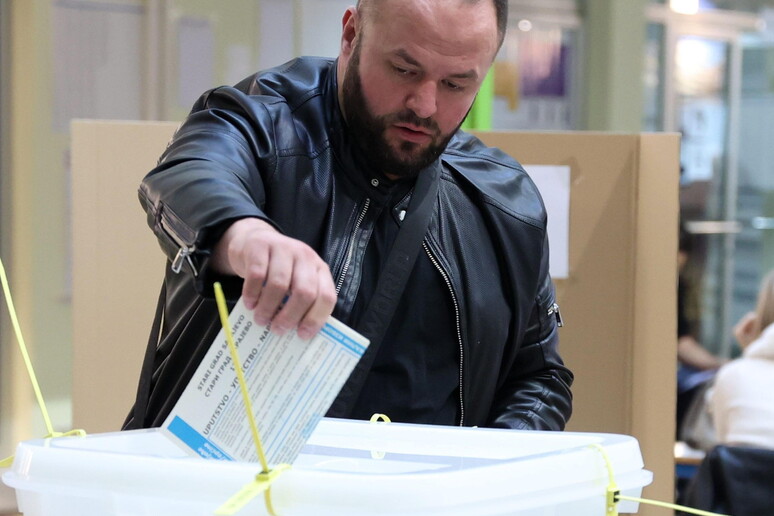According to preliminary results
released by the electoral commission, the major political
parties representing the country's three ethnic communities -
Muslim Bosniaks, Orthodox Serbs, and Catholic Croats - asserted
themselves in the majority of the cities and towns. In the
Republika Srpska (RS), the entity with a Serb majority, the
Alliance of Independent Social Democrats (SNSD), led by Bosnian
Serb leader and Rs president Milorad Dodik, was the big winner,
as expected. Speaking to his supporters, Dodik stated that SNSD
candidates for mayor or councillor have established themselves
in 45% of Republika Srpska's municipalities, specifically 70
towns. Observers point out, however, that Dodik's party failed
to achieve one of its main goals in the race for mayor of Banja
Luka, the RS's capital, where Drasko Stanivukovic of the
opposition Democratic Progress Party (PDP) was confirmed mayor.
The main political forces representing the two communities
present in Bosnia and Herzegovina's other entity, the Federation
of Croat-Muslims (FBiH), have asserted themselves. Dragan Covic,
leader of the local Croatian Democratic Union (HDZBiH),
affiliated with the similar conservative party in government in
Zagreb, stated that his political force has confirmed itself in
government in all of the major localities of the FBiH where
voting took place yesterday, and that it is also on track for
success in Mostar, the capital of Herzegovina, the Balkan
country's southern region, a city that is still divided into a
Croatian and a Muslim sector.
ALL RIGHTS RESERVED © Copyright ANSA





